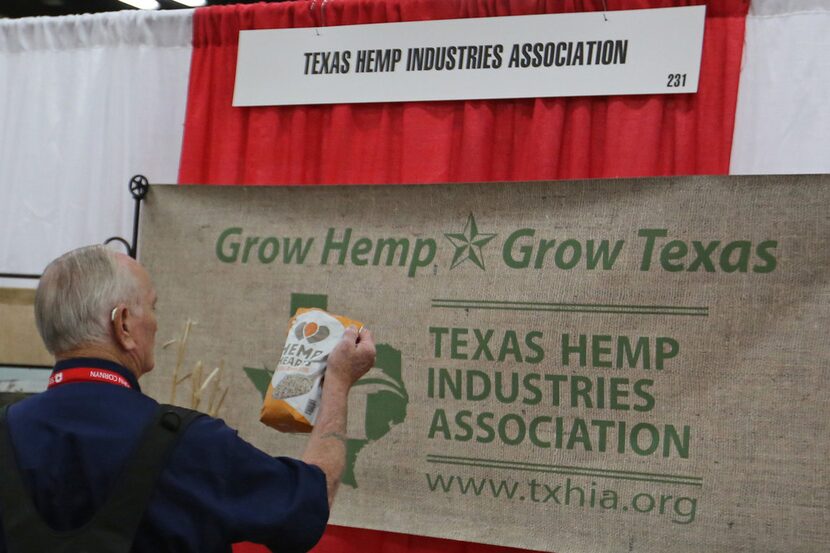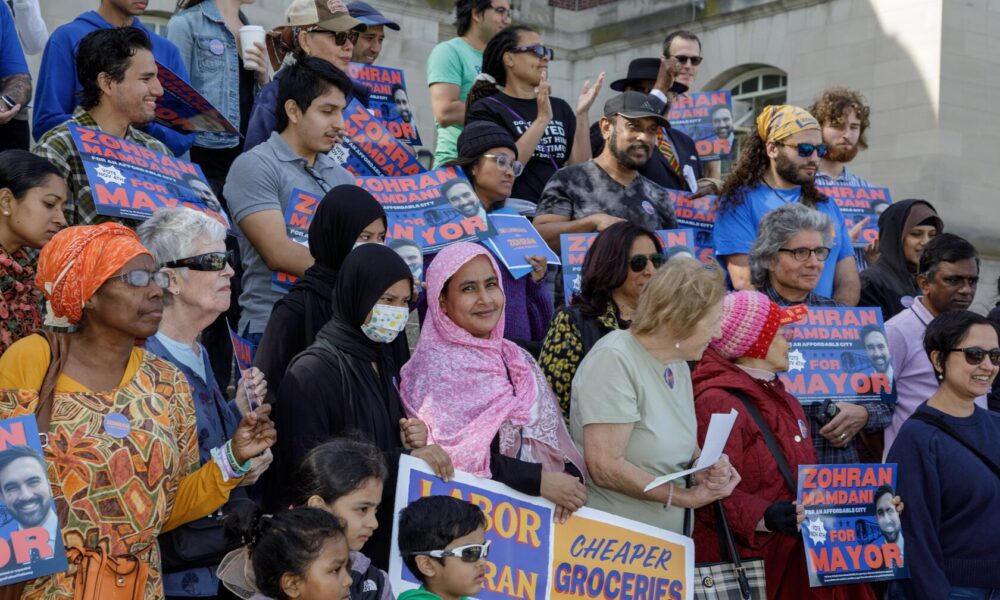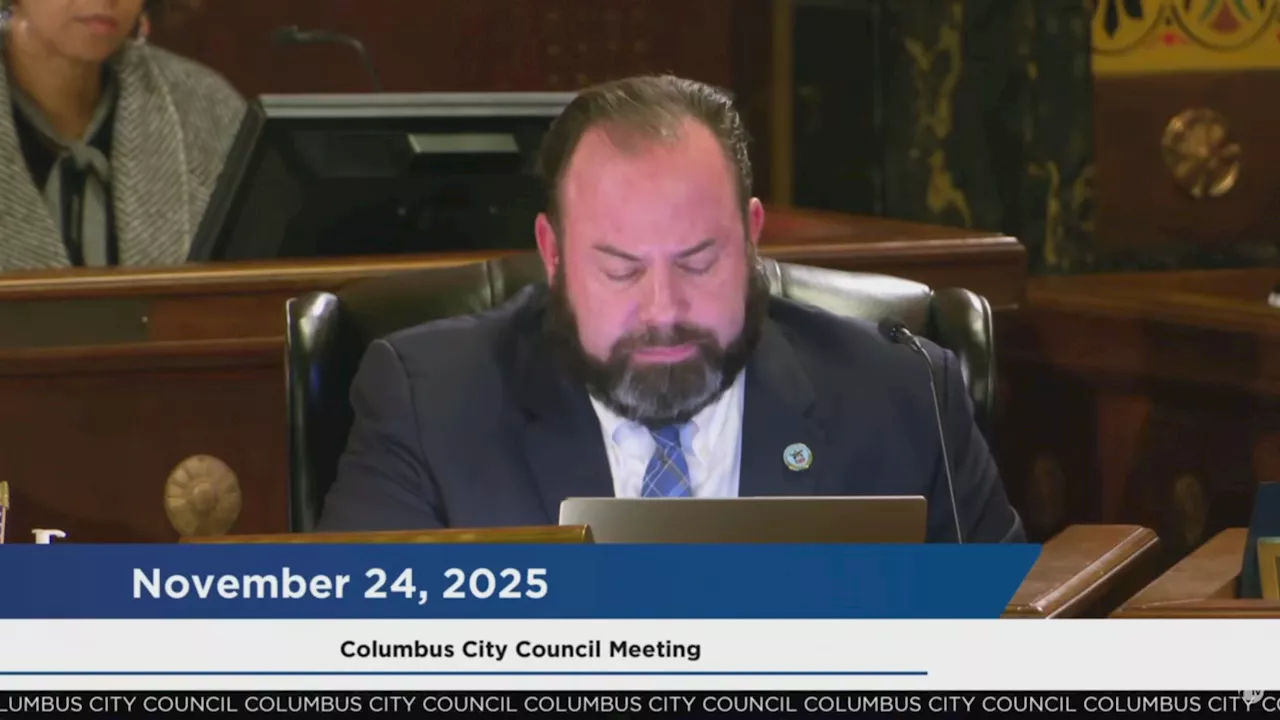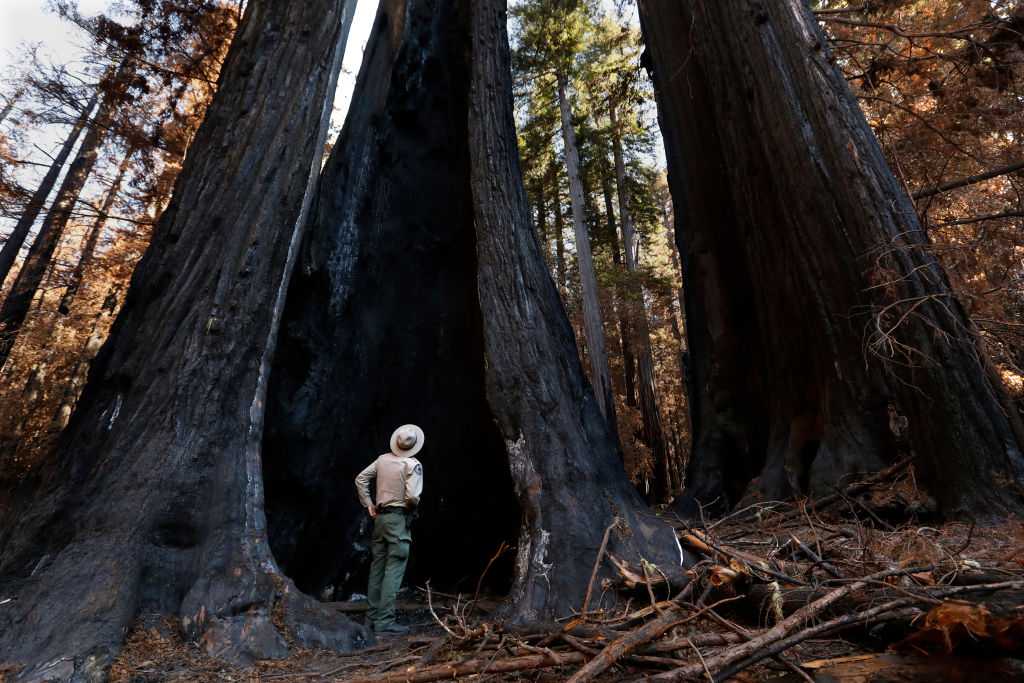The recent end of the U.S. government shutdown has brought significant repercussions for the hemp industry, particularly in Texas. A vote by both the Senate and the House has effectively dismantled this burgeoning sector, with implications for approximately 53,000 Texans poised to lose their jobs. This decision is projected to halt around $10 billion in commerce flowing through Texas, raising concerns about the future of an industry that has long sought reasonable regulatory frameworks similar to those for alcohol and tobacco.
Advocates for the hemp sector criticize this legislative action as a miscalculation, arguing that Washington’s approach reflects a paternalistic attitude. Texas resident Ross Vick emphasized the absurdity of such scorched-earth policies, suggesting that lawmakers are discarding essential components of the industry in a misguided attempt to assert control. He argued that this decision exemplifies a broader trend of legislative overreach that could have dire consequences for various sectors, including immigration and tariffs.
Clean Energy Investment Grows Amid Fossil Fuel Concerns
The ongoing global transition from fossil fuels to clean energy technologies remains critical for economic stability and environmental sustainability. In a letter, Richard Howe from Plano highlighted the escalating investment in clean energy, which now stands at double that of hydrocarbon energy. With the increasing threat posed by carbon dioxide emissions from fossil fuel consumption, the shift toward renewable energy sources like wind, solar, and nuclear is not only prudent but necessary.
Howe pointed out that countries are keen to reduce reliance on petrostates, and the rapid development of clean energy technologies is enabling them to do so. He noted that nations that spearhead this transition will significantly influence the global landscape in the 21st century, shaping economic competitiveness and national security.
Political Controversies and Public Sentiment
Political tensions are also surfacing in light of recent legislative actions, particularly regarding the Second Amendment. U.S. Representative Wesley Hunt from Houston has drawn criticism for his stance on repealing the bipartisan Safer Communities Act, aimed at addressing gun violence following the Uvalde tragedy. Critics, including Dallas resident Craig Marckwardt, argue that Hunt’s selective interpretation of the Second Amendment undermines the very principles of a well-regulated militia, which is essential for the security of a free state.
In a separate issue, concerns regarding immigration policy have arisen with the removal of Temporary Protected Status for Venezuelans. Anna Reiner from Corinth expressed dismay over the deportation of a church member who was following the appropriate steps for citizenship. She criticized the administration’s inconsistent approach, allowing status for some groups while denying it to those fleeing dire conditions in their homeland.
Sports also remains a topic of discussion, particularly for Dallas Mavericks fans following the firing of Nico Harrison. A local resident, Jeremy Haile, remarked that while this decision is a step toward rebuilding trust, an acknowledgment of past mistakes and a commitment to winning are essential for reinstating fan loyalty. He praised the team’s president, Ethan Casson, for reaching out to fans, indicating a desire to mend relations.
In a final note, the reflections of historian Doris Kearns Goodwin resonate in today’s political climate. She quoted her husband, Dick Goodwin, emphasizing the responsibility of citizens to challenge policies that threaten democracy. This sentiment, articulated in 1966, remains relevant as Americans confront contemporary challenges to their democratic ideals.
As these issues unfold, the impacts on various sectors and communities continue to resonate, underscoring the interconnectedness of political decisions, economic stability, and social justice.







